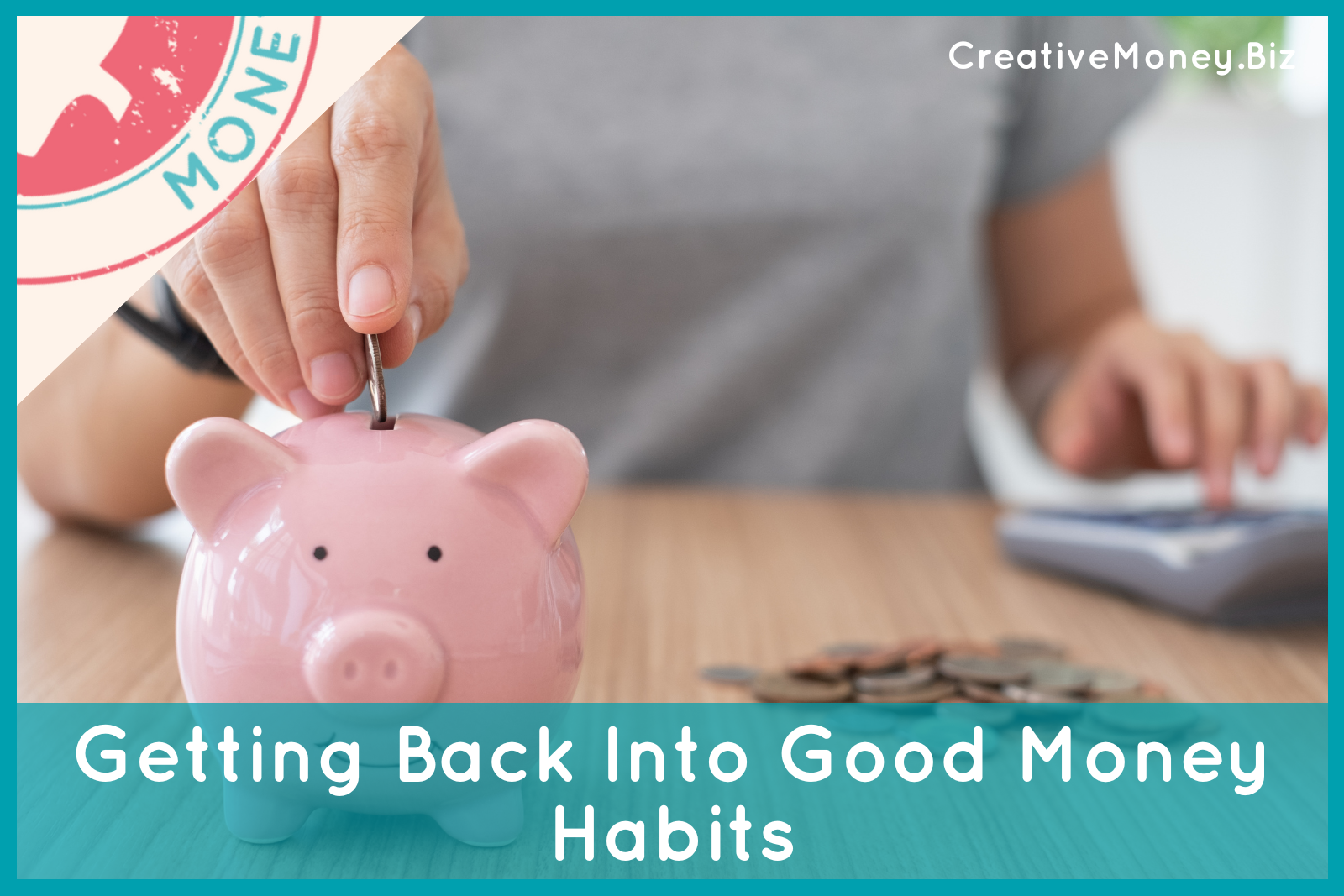 It’s SO HARD to get back into good routines after the holiday season (Sugar! Carbs! Chocolate! Spending too much!) but I have found it’s useful to take smaller steps and find something to re-energize yourself around your money goals in January. You don’t have to do things exactly the same every single month–some months you can work harder, other months you can relax. The key is to be intentional about it.
It’s SO HARD to get back into good routines after the holiday season (Sugar! Carbs! Chocolate! Spending too much!) but I have found it’s useful to take smaller steps and find something to re-energize yourself around your money goals in January. You don’t have to do things exactly the same every single month–some months you can work harder, other months you can relax. The key is to be intentional about it.
In past years, I have gone on a spending diet. What that means is a few months of the year — typically August and December, when I tend to take more time off to see loved ones — I spend well above my average. Therefore, the months AFTER those where I spent more than normal, I go on a spending diet.
This year, I think I am going to be more gentle though. 2022 was a TOUGH year. When you’re in stress, it’s easy to throw money at problems, or trade money for time. So, although I am not going to go crazy with cutting back, I am going to closely parallel what I am also doing health-wise… getting back to healthy eating plans, committing to my workout schedule again. I find that I can make specific commitments for money that I don’t necessarily need to keep (or even want to keep) up for 12 months at a time, but the break “resets” my brain back into my normal routine.
When you’re in stress, it’s easy to throw money at problems, or trade money for time. Click To TweetFor the next month, then, I am committing to:
- Only buying normal, everyday things I need to live and work. This means that I will pay regular monthly bills and grocery shop, but pretty much anything else I see that I want, I have to put it on a list to see if I still want it in 30 days.
- Entertaining myself inexpensively. No new Kindle books (only library books). I even commit to no movie rentals because there are so many free ones on services to which I already subscribe. (Can I cut back on my streaming services?).
- Amazon management. Sorry, Amazon… For four weeks, unless it falls under the category of regular expenses, I put everything I see at Amazon on the Wish List. (You would be surprised what you don’t remember putting on there when you look at it after a month!).
- Online shopping hiatus. And not just Amazon… Why go virtual window shop when you’re not planning on buying anything? I just keep a list of things that I think of (usually on my iPhone so I can add to it at a moment’s notice) and when the four weeks is over, I buy what I still want/need.
- Reviewing self-care. I typically get a pedicure about once per month because I find them very relaxing. But it’s no big deal if I don’t, and I don’t mind going without sometimes if it honors a higher ideal, like getting back on track and recommitting to healthier spending patterns. For example, my pedicure appointment this month would fall on the last weekend of the month — so there is no reason why I can’t just move that over to the next weekend in the next month. That is a zero-sacrifice option.
And P.S. – if it does feel like a sacrifice and it’s a part of my regular, monthly schedule, I keep the appointment. This isn’t about sacrifice, this is about resetting your brain to remember that you were happy on your regular routine, before your month(s) of excess.
It’s important to assess… and I love this process as a return to consciousness. The best way I know to do this is with a little conscious reflection – I love asking myself:
- What did you NOT miss that you thought you would? Whenever I tell myself I can’t buy books, it feels hard… But after a month of keeping myself busy with library books and borrowed books, I realize most of my issues are in my head.
- What were your triggers to WANT to spend more money and how did you cope? I tend to spend more when I am tired or stressed. Those feelings aren’t going to go away, so I find distractions and alternate behaviors. I also don’t expect them to work 100% of the time!
- What do you think is sustainable going forward? It’s actually refreshing to not have Amazon boxes show up on my doorstep 7 days a week.
Of course, your mileage may vary! This is as much about discovering how this new way of spending feels for you as it is about reining in your cash outflow. For more information about creating a long-term spending plan, check out my library of resources about conscious spending instead of budgeting.







